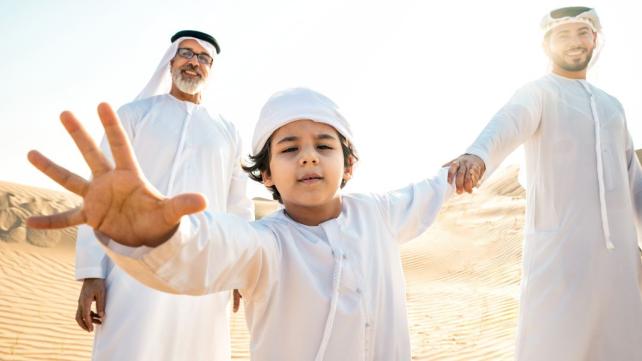
“And We have enjoined upon man [care] for his parents. His mother carried him, [increasing her] in weakness upon weakness, and his weaning is in two years. Be grateful to Me and to your parents; to Me is the [final] destination.”
( Surah Luqman:14)
In Islam, honoring one’s parents is not simply a recommended act—it is a divine command. Our parents and grandparents are the bridges to our past, the living connections to generations before us. Yet, in today’s fast-paced world, the wisdom, memories, and stories of our elders are often overlooked or lost. One beautiful and meaningful way to revive this Sunnah of connection, compassion, and gratitude is by documenting their stories through journaling.
Preserve Their Legacy
Allah reminds us that the life of this world is fleeting:
“Every soul shall taste death…” — Surah Al-Imran (3:185)
Our time with our parents and grandparents is limited. Their experiences—stories of migration, survival, joy, hardship, and triumph—are treasures waiting to be discovered. Recording their stories while they are still with us is not only an act of love, but a sacred trust for the generations that follow. Imagine a grandchild decades from now reading the handwritten words of their grandfather, understanding the faith and perseverance that shaped their lineage.
A Bridge Between Generations
Many elders yearn for meaningful connection with the younger generation. Sadly, as technology advances, so do the gaps in communication and time spent together. Journaling their stories can be a way to sit, listen, and share. These moments allow them to feel seen, heard, and valued. When you ask your grandmother about her childhood in a distant land, or your father about how he memorized Quran under a lantern light, you are telling them: “Your life matters.”
Building Identity
In the hustle of modern life, many Muslims find themselves disconnected from their roots. Knowing your family’s story grounds you. It builds appreciation for the du’as, sacrifices, and struggles that brought you where you are today. Journaling your elders’ experiences is like piecing together a beautiful tapestry—each thread a moment of history, pain, hope, or triumph.
As Muslims, our identity is not just in who we are now, but in who came before us. Allah says:
“Indeed, there was in their stories a lesson for those of understanding...” — Surah Yusuf (12:111)
Just as the Quran records the lives of Prophets and righteous people for us to learn from, your family’s story holds wisdom that may inspire future generations.
A Timeless Record That Can’t Be Erased
Memories fade, people pass, but a written story remains. A documented history—whether through handwritten journals, typed interviews, or audio recordings—becomes a permanent part of your family’s heritage. It is something no one can erase or alter. It is truth told by those who lived it.
Through journaling, you’re creating a legacy. Decades from now, a descendant may read about how their great-grandmother baked bread during Ramadan in war-torn times, or how their grandfather walked miles to attend the masjid. These are the kind of stories that plant seeds of gratitude and faith in the hearts of the young.
The Sunnah of Storytelling
The Prophet Muhammad ﷺ often recounted the lives of those before us—Prophet Ibrahim (AS), Musa (AS), Yusuf (AS), and others—not just as stories, but as lessons in resilience, tawakkul (trust in Allah), and sabr (patience). Allah Himself chose to include these stories in the Quran to teach us values, build our faith, and inspire reflection.
When you preserve your parents’ and grandparents’ stories, you are following a prophetic tradition. You are turning memories into mirrors—reflecting who they were and guiding who we become.
A Sacred Trust
To journal the stories of our parents and grandparents is to honor them in a deeply Islamic way. It is to say, “You matter. Your life will not be forgotten. Your story will live on.”
Let us sit with our elders. Let us ask questions, listen with open hearts, and write their words down. Not just for ourselves, but for our children, and their children after them. This is how we build bridges. This is how we preserve faith. This is how we honor the blessings Allah gave us in the form of family.
“And lower to them the wing of humility out of mercy and say, ‘My Lord, have mercy upon them as they brought me up [when I was] small.’”
— Surah Al-Isra (17:24)
May Allah allow us to honor our elders in this life and reunite with them in the next.
Author bio: Miriam Mohamed is a mother to seven children and a granny to two cats! She loves trying new things and learning cool facts. She has taught in an Islamic school setting, has experience assisting children with special needs, and enjoys volunteering and being a part of the community. Miriam lives in Chicago with her beautiful flowering cherry tree and big family.








Add new comment